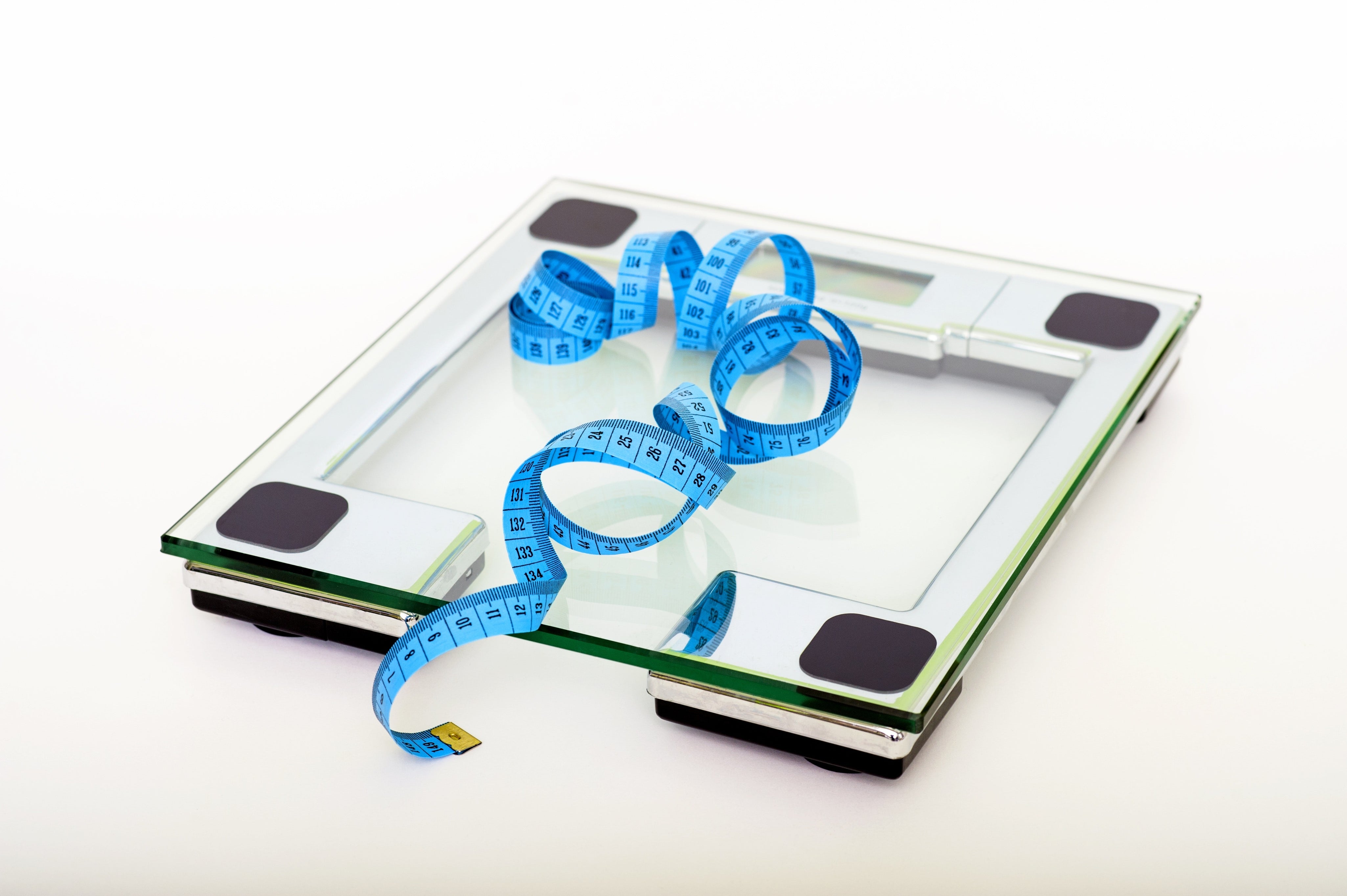Why Aren't You Losing Belly Fat?

“Lose 10lbs of body fat in 1 week!!”
“Melt away belly fat with this simple trick!!”
“Never worry about weight loss again with this 1 crazy superfood!!”
It seems you can’t go on the internet or flip through channels on the TV without ads like these about losing fat, and specifically, belly fat. There are countless companies in the weight loss and diet industries that make tons of money with exaggerated or false claims for how to bust your “stubborn fat.”
We’re here to talk about the science behind what fat is, and tell you just how to get rid of the fat your body doesn’t need to function.
What is Fat?
First of all, not all fat is “bad.” In fact, fat is a source of essential fatty acids, which the body cannot make itself (1). Fats are an important macronutrient, and while there are some unhealthy fats, you should understand there is a need for fats in the body.
Note: You should know that there are 2 different things that we refer to as “fat”. There is Dietary Fat, which is the fat that you eat and see on nutrition labels. Then there is Body Fat which is the fat on your own body that we see and can measure with tests such as BEI or skin calipers.
Fats are used as a source of energy, to help absorb vitamins, protect the skeleton and nerves, and aid other nutrients in doing their jobs (2). Any dietary fat that’s not used by your body’s cells or turned into energy is converted into body fat, (carbohydrates are as well). The main types of fat found in food are saturated and unsaturated fats. It’s recommended to cut down on foods and drinks high in saturated fats and trans fats and replace some of them with unsaturated fats.
Examples of unsaturated fats include (monounsaturated and polyunsaturated):
Olives and Olive Oil
Nuts and Nut Butter
Avocado
Salmon
Seeds
Examples of fats to avoid or minimize:
Fatty cuts of meat
High-fat dairy foods
Fried Foods
Once a food enters your mouth, the digestion process begins. Starting with the saliva in the mouth the food begins to be broken down. It makes its way through the esophagus to the stomach, where digestive enzymes from the liver and pancreas mix and really get to work to make use of nutrients. After this, the food travels to the small intestine. The dietary fat is broken down during each step of this process. Once it’s digested, it’s further passed on through the lymphatic system and bloodstream so that it can be transported throughout your body to be used for energy, cell repair, or growth (3).
If your body doesn’t immediately need the fatty acids you’ve consumed, they will be packaged as triglycerides and stored in fat cells (4).
How Do You Lose Fat?
If you are on a journey to lose fat, we have a few important points to share with you. First of all, it is ultimately up to genetics where your fat is stored. What this means is that whether you store excess weight in your legs, stomach, hips, or back is completely naturally for you and your body type. Nothing that you do will change ‘where’ your fat goes, BUT that doesn’t mean you can’t control how much fat you have!
You can lose body fat, and we lose fat proportionally to where we gained it in the first place. Remember, we cannot spot reduce! (even though you may see ads and influencers saying differently). If you have more fat in your stomach than other areas, then you will most likely lose weight in your stomach quicker than you do in other areas, but you will always lose fat proportionally to your body.
If you’re looking to lose fat and understand it isn’t possible to pick and choose where you are burning your fat, it becomes a much easier and less stressful goal. One of the best ways to speed up your fat loss is building muscle.
Building Muscle for Fat Loss
This is a tried and true way to lose fat, and while you may not see the scale changing as much when you gain muscle, you will see a significant loss of body fat. Gaining muscle isn’t just about fat loss, it has other incredible benefits including better coordination, more bone density, lower risk of injury, improved joint health, and a boost in metabolism (5).
Strength training is going to increase resting energy expenditure and reduce belly fat, especially when combined with aerobic exercise (6).
Additional Lifestyle Changes for Fat Loss
Another expert-recommended way to lose body fat is to improve your diet to see what works best for you. Diets with ample protein have been shown to reduce body fat, as well as an increase in fiber, more healthy fats, and being mindful of your beverage choices (6).
Alongside your exercise and diet choices, following a healthy sleep schedule can impact your ability to lose fat as well. In fact, studies continue to point to sleep quality as a contributor to successful weight loss. One study showed that better sleep increased the likelihood of successful weight loss by 33% in 245 women (7).
Your Body Runs on Fats
Fat gets a bad wrap in the diet and weight loss world (just like carbs). Understanding the importance of fat to body function is your first step in making the correct exercise and diet plan for you and your fat loss goals. As you might have gathered, fat loss isn’t an easy feat and will vary from person to person. Be sure to get the healthy fats and experiment to find what works best for you to get rid of the unneeded and unwanted body fat. Just getting started working out? Here are top exercises for weight loss without a trainer!
SOURCES
- https://www.nhs.uk/live-well/eat-well/different-fats-nutrition/
- https://www.medicalnewstoday.com/articles/141442
- https://www.healthline.com/health/fat-digestion#process
- http://www.diabetesforecast.org/2011/mar/how-the-body-uses-carbohydrates-proteins-and-fats.html#:~:text=Fats%20typically%20provide%20more%20than,cells%2C%20which%20have%20unlimited%20capacity.
- https://health.usnews.com/health-news/blogs/eat-run/articles/2016-03-18/7-reasons-to-build-muscle-that-have-nothing-to-do-with-looks
- https://www.healthline.com/nutrition/best-ways-to-burn-fat#TOC_TITLE_HDR_2
- https://pubmed.ncbi.nlm.nih.gov/22402738/

